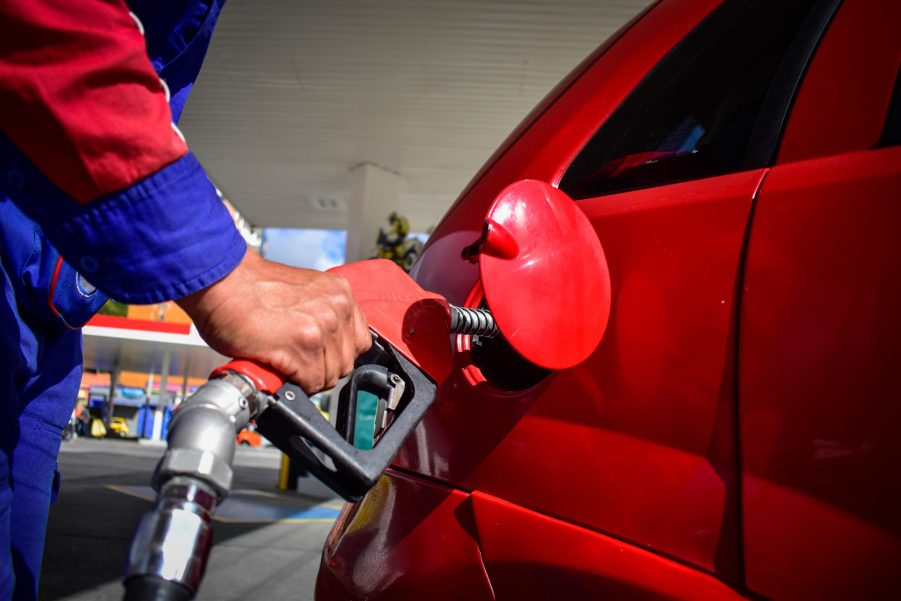
These Tips Will Keep You From Topping off Your Tank a Bit Longer
Stopping to fill up your gas tank can be a total headache for some drivers, and it seems like the minutes themselves slow down as you wait for the tank to be full. It can also mean stretching your budget, especially with constantly fluctuating gasoline prices. Besides buying a car with responsible fuel economy, there are other ways you can stretch your tank and daily or weekly habits you can form to keep you from topping off your tank just a little bit longer.
Pay attention to your driving habits
The reported fuel economy that you see from manufacturers and review websites isn’t always what you get from your vehicle in real life. That can be frustrating if you buy a car with fuel efficiency in mind, but it isn’t necessarily the manufacturer’s fault. In fact, your personal driving style and habits can contribute to your vehicle’s fuel economy. If you pay attention and even make some changes, you can improve your car’s fuel economy.
Driving smoothly is an important driving habit that’s easy to leave behind in the dust. Hard accelerations and braking might make your driving experience seem more exciting, but it can also negatively impact your car’s fuel economy. According to Consumer Reports, the science behind this is rather simple.
When you accelerate harshly, you use more fuel, and it doesn’t always make your car get up to speed that much faster, especially if you drive a heavy vehicle. Just the same, when you break too heavily or too often, you essentially waste the fuel that you used to get up to speed in the first place.

Stop falling for old fuel saving myths that don’t work
In our search to improve our fuel economy and stretch our tanks just a bit further, it can be easy to follow for easily debunked fuel-saving myths. For example, using premium gas or a gas that has a higher octane rating than what your vehicle requires doesn’t do anything to improve your fuel economy. Of course, if your car requires premium or plus gas, you can damage your engine by using a lower octane. The point here is that there is really no reason to pay more money for a higher octane rating than your vehicle actually needs.

Keep up with vehicle maintenance and repairs
The condition that your vehicle’s engine and other components are in can also affect your vehicle’s fuel economy. Having low tire pressure, for example, means that the gasoline used by your engine to accelerate your car forward isn’t being used effectively, essentially wasting fuel. Dirty engines that have old, overused oil aren’t as effective overall and can also hurt your vehicle’s fuel economy.

Paying attention to the aerodynamics of your car doesn’t hurt either. While roof racks, bike racks, and other external devices that can you help you travel with more cargo can be incredibly helpful, studies have shown that leaving your bike racks and other devices secured to your car can actually ruin your car’s fuel economy, too.


